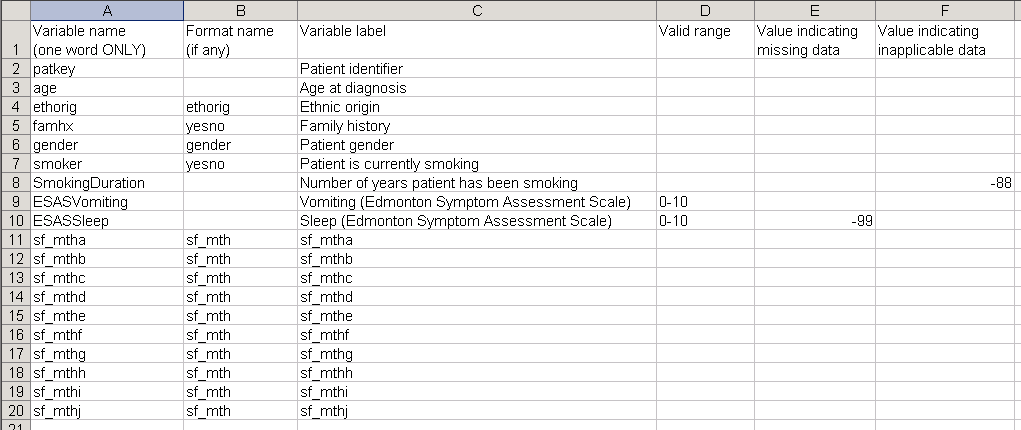

Unsurprisingly, sentiment reigned supreme. I first wanted to identify what tag group names were most popular. When looking at what tags researchers rely on most frequently, I started by looking at the usage of one of Reframer’s newest features - the ability to create tag groups. What better place to go to understand what tags researchers find most useful in analyzing data? I enlisted Mila - our bright and shiny new data scientist - to look for any patterns I could find.

Since the launch of the Reframer beta back in 2015, researchers from all over the world have been using it to collect and make sense of their findings from user interviews, usability tests and more. Coming up with the right tags and related definitions for your project can save you a lot of time and stress, and as we all know: happy researcher, happy life (or something like that…). “Tags” are added to observations, and are essentially criteria that allow you to filter and organize your data later on. It also gives you the benefit of quantifying your qualitative findings, which grants you both enormous satisfaction and superhero status among your peers. The end goal is to facilitate analysis by making your data easier to filter and manipulate, allowing you to quickly identify things that may be causing ‘delight’ on your ‘homepage’ or ‘frustration’ at ‘checkout’. The good news is that with a bit of upfront planning, digging into your data can become a lot more manageable (and enjoyable) later on.Ĭoding, categorizing, normalizing, bucketing - turning your data into a more digestible format has many names. When you’re strapped for time, qualitative analysis can quickly become unwieldy. Insights can easily become buried in stacks of notes and observations, making the process onerous and time consuming. Whether you’re a notebook, Post-it or audio recording kind of person, collecting and making sense of your qualitative research can be a challenge. Unlike quantitative data that can be neatly categorized, ranked and measured, qualitative data from interviews and user tests can quickly become hard to manage. Understanding of basic concepts of confidentiality and data security.User research often leads us down long and windy paths of enquiry.Experience working on health and/or social science research projects.Excellent written communication skills.Excellent report writing skills and experience in producing high-quality reports on outcomes of qualitative analysis.Experience performing rapid qualitative analysis.At least four years of experience in qualitative data analysis using content analysis, including the application of conceptual frameworks, codebook development, and coding.Proficiency with NVivo for data management and analysis.Bachelor’s Degree in Social Sciences, Public Health or equivalent.Work with the evaluation team to identify appropriate analytical methods to conduct qualitative analyses accordingly.

Contribute to the writing of qualitative methods sections for reports or other publications.Develop a qualitative analysis report that includes a description of results in terms of themes and sub-themes, including but not limited to quotations, examining relationships and patterns between categories and themes, discussion of results, and annex for the final codebook.Carry out a detailed analysis of the qualitative data collected using NVivo.Develop coding notes from the Key Informant Interviews (KIIs), and Focus Group Discussions (FGDs).This will involve producing summaries, abstracts, and coding. Develop a thematic codebook for generating themes and sub-themes in line with the objectives of the analysis.


 0 kommentar(er)
0 kommentar(er)
